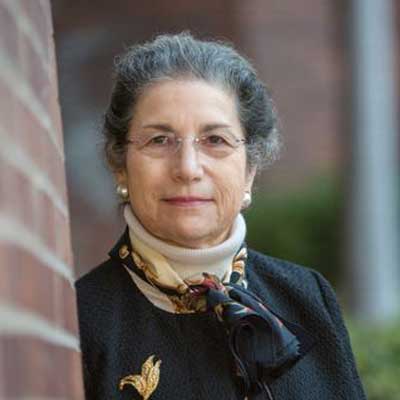

Patricia Ganz will replace Carmen Allegra as editor-in-chief of JNCI.
This move was precipitated by Allegra’s recent assignment at NCI as the head of gastrointestinal therapeutics of the Clinical Investigations Branch at the Cancer Therapy Evaluation Program. Allegra will continue at JNCI as deputy editor.
Ganz is a professor of health policy and management in the Fielding School of Public Health, and a professor of medicine in the David Geffen School of Medicine at UCLA. She also serves as director of Cancer Prevention & Control Research at UCLA’s Jonsson Comprehensive Cancer Center.
As editor-in-chief, Ganz is responsible for JNCI Monographs, a supplement publication that provides a venue for conference proceedings or topic areas where a series of related articles serve a scientific purpose.
During the past two years, JNCI has developed a series of virtual collections curated from prior publications; these thematically organized collections focus on timely selected topics and are featured online with free access for several months.











